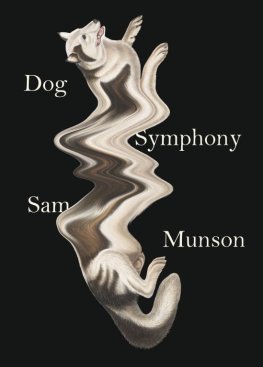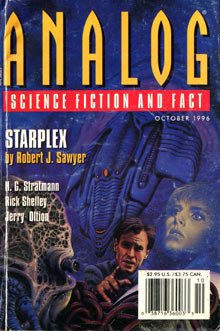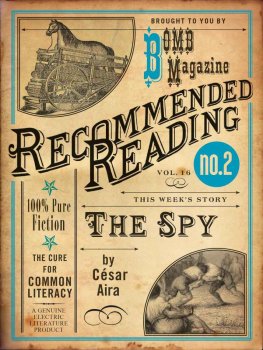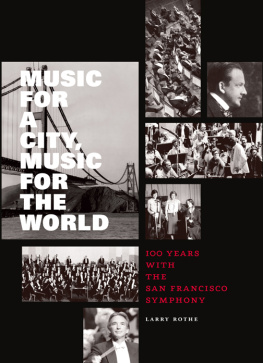God, de potentia absoluta, is infinitely everything, infinitely good, bad, just, unjust, compassionate, cruel, stupid, etc., etc.
Camilo Jos Cela,
San Camilo, 1936

HUMANS SUFFER AS DOGS suffer, they struggle as dogs struggle, they love order as dogs love order. Long live the whistle and baton.
I came to Argentina at the invitation of Dr. Ana Mariategui. I had known her, at that point, for nine years. She started her academic career at the University of Santiago; the University of Buenos Aires recruited her two years prior to our first meeting. We worked in a minuscule field. I studied the history of prison architecture. She was, in turn, a historiographer of the technical jargon that prison historians use in their profession.
We had often spoken of visiting each other. I will come to you, she said, and you can show me the sights of the northern capital (her private name for my city); you can come to me, and I will show you the sights of this shithole. I did not use those terms to describe Buenos Aires; in our correspondence I referred to it only as the southern capital. This dilatory premise we conceived and resuscitated many times through our near decade of friendship, but nothing ever came of it. We always met in cities foreign to us both. Prague, where we became acquainted; Lyon, where we slept together for the first time; Austin, Texas, where I was extremely sick and Ana read aloud to me from Dead Souls, which she always carried with her on her travels, along with the Penses; Istanbul, where we got lost in Kasmpaa by becoming too drunk to follow our guides directions and had to present ourselves at a local police precinct. The sergeant there knew miraculously the name of the tour company our academic sponsors had hired, who saved us by shouting into the void through an old, grass-green walkie-talkie. Milan, where we were captured with a third colleague whose name we could never remember on a slanted rock near a palazzo (pink, like a urinal cake) in a photograph I kept in my wallet to savor its spectacular compositional failure. I have my back to the camera. Cigarette smoke floats in a ribbon away from my head. Anas arms are crossed under her breasts, her signal gesture meaning: fuck off, enough. Our anonymous, balding, fox-faced fellow scholar stands atop the rock with his abdomen thrust forward and covered by an orange vest. He resembling a wooden figurine of V. I. Lenin.
Anas invitation to Buenos Aires thus surprised me. I read it in the hallway outside my apartment door, in the deadened, ticket-of-leave light. The University planned to hold a conference, she wrote, and she was confident she could get me invited. Its architect a new eminence, a man named Sanchis Mira. She knew little about him, except that he had once been a professor of French but now worked in an interdisciplinary field: sociology, politics, law three streams of shit, Boris Leonidovich, flowing and joining together, she wrote, but if you come, you will at last see for yourself the worlds asshole, the true anus mundi. I wrote back the next day, accepting her pseudoinvitation. I was delighted to do so, for (contra Seneca) we all lose ourselves when we travel, our personalities such as they may be collapse into generalized behavior, and I was curious, most curious, to see this unusual woman at home. In due course (as they say) my official conference invitation arrived, a thick blue-and-white envelope, containing a program of events and a brochure with information about the University. My name appeared on the program with Anas. We would be presenting together. A coincidence she must have arranged, I thought.
I planned to use the conference to workshop a paper on the innovations that marked out the Butyrka Prison in Moscow as singular, innovations developed during its original construction in the late eighteenth century. I had spent the winter teaching a course on Russias prisons, a dubious process I kept Ana informed of through my letters. My lectures, in general, were well attended because I gave high grades to all my students in order to save myself effort. I gave exams and assigned papers, but I did not read the resulting work. I merely ran my eyes over the answers, the paragraphs, the cenotaphic bibliographies, and graded them A, or A minus at worst. As a result, my classes conducted themselves. The students were happy and I was happy. The students had all the freedom they needed to practice their unending moronism, which is, let me add, the inalienable and universal right of students. I remained free to practice my scholarly moronism the status of that right being far more ambiguous. Ana was sympathetic, yet she understood, she wrote, that despite my cynical praise for student moronism, it might be hindering me. All the more reason to attend this conference. You will never amount to anything, she wrote, if you keep yourself mired at all times in student moronism. The word mired she surrounded, as was her habit, with a fine, miniaturized drawing for emphasis: a small human figure sinking beneath sharp waves (these resembled the teeth of an animal). The letter contained nothing out of the ordinary. Her prose was ruthless as always, and her handwriting hasty. It worried me all the same. The sarcasm she habitually employed in discussing her work was largely absent from the letter, a sign (I suspected) of anxiety or another unmentioned suffering. I dismissed this as a romantic fantasy and did not mention it to her in my reply. Such concerns are for a husband to worry about, and we did not engage in domestic theater. In her next letter, her sarcasm was restored, at least partially: she wrote that the University is an old whore but its students are not even the progeny of this whore they are the progeny of a whores ideals, phantasms, burgherly poltergeists.
This remarkable phrase arrived the day it first snowed. Soft, ragged flakes scraped my kitchen window, glaucous in the late morning light. The snowfall continued all day and into the night, through my invigilation of the final exam. My class comprised three human elements. Two student armies, one slightly larger and slightly stupider and one slightly smaller and slightly more intelligent. But in truth the conscripts mustered for each could have served equally well the other faction. And in truth intellect and stupidity remain indistinguishable. I remember them chiefly as a collection of clear, darting eyes and dark mouths. A married couple in late middle age formed the third element, the Zygmunds. Both red-cheeked and childishly excitable, their scalps covered with white, loose, flame-like hair. The student armies had adopted them as shared mascots. The Zygmunds served unwittingly in this capacity. They always sat far in the back, behind the stupidest tier of the stupider army (the armies arranged themselves more or less in order of intellectual ability) and did not say much, but their written work attained a high, even youthful standard of excellence. They themselves had both worked as chemistry professors; in their retirement, they had decided to study history, a private passion of theirs. After the exam, the smaller, less stupid army demanded that we go as a class to a bar to celebrate our liberation, as they called it. The stupider army acceded to this demand, and the Zygmunds came too. We marched across the blanketed grass of the quadrangle and across the avenue gleaming a black gleam from melted snow. The notice boards we passed on the way all held posters for a play being put on, one Id never heard of: Canis Major. Both student armies began to bark in honor of this at the huge, chalky moon.












